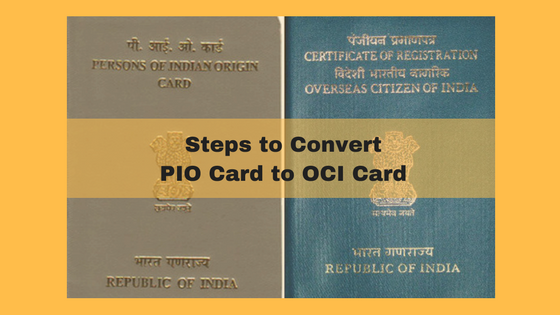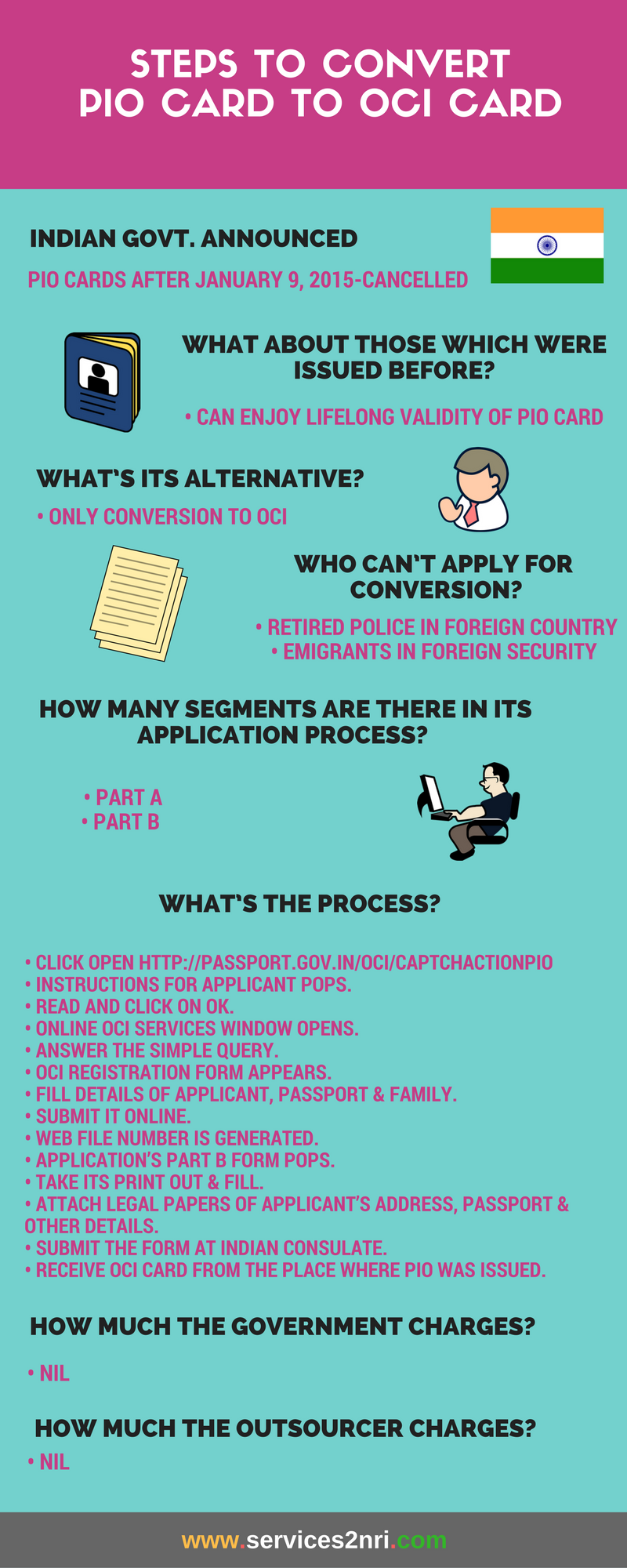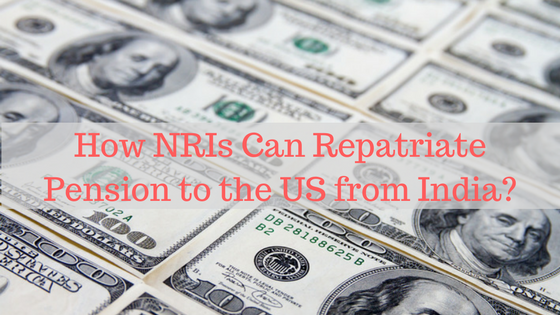
What NRIs Should Do to Bank A/c after Resettling in India?
Are NRIs permitted to hold their assets abroad?
Many questions echo in the core of Non Residents of India (NRIs). Some of the questions are-“If I would be able to hold my foreign assets? ; What will happen to my foreign accounts? ; Should I close them all?” and many more….
Emergence of such questions is natural. But the best part is that they are allowed to keep hold of their foreign assets, like foreign currency in banks. However, they must convert their NRE, NRO and FCNR accounts into resident saving account. It is mandatory because their foreign accounts will be closed after shifting to India.
But it does not imply that they don’t have right to keep their foreign currency. Rather, they can keep it safe in the converted resident saving account. But they must inform the banks (in which their accounts are) about the resettlement to India.
What options NRIs have to change their bank account when resettling in India?
As said above, it is a must to convert foreign bank account into resident. Emigrants have three options for saving their hard earned money, i.e. NRE, NRO and FCNR account. These are the best services for NRIs. So, what’s the appropriate options for their conversion, have a look:
- For NRO account holders, resident saving account is an appropriate option.
- For NRE and FCNR account holders, Resident Foreign Currency (RFC) account is the best alternate.
What are the types of Resident Foreign Currency (RFC) account?
It is categorized in to two groups for:
- Shifting NRIs
- Resident Indians
What will happen to NRIs fixed deposit with the foreign account, if any?
Fixed deposits ensure long time investment at handsome rate of interest. Emigrants are no exception to it. So, what will happen to it if they have invested in foreign account after shifting in India?
- NRIs need not dissolve their fixed deposits (FDs) since keeping it until maturity is permitted.
- As FD matures, its holder must convert NRE/ FCNR account to RFC account.
- After the account conversion, the account holder’s status is checked. If he is applicable for Resident (and Resident Not Ordinarily Resident or RNOR), then he can have an extra dose of benefits. He needs not pay tax for another 2 years.
(Those who have spent continuous 9 years are categorized under RNOR status.)
What’s the best option for keeping foreign currency in India?
In India, Reserve Bank of India is the apex banking institution. According to its guidelines, the Indian residents can channelize their fund through foreign currency bank account. This account enables deposits in US dollars, EUR, GBP and Japanese Yen.
But an account holder is disallowed to deposit more than one currency in an account. If the need arises, the person can open another account. But he is unable to get any interest as it is not allowed.
Benefits of RFC account:
- For transferring income earned from foreign sources
- For depositing pension from foreign government/organization.
- For transferring money from foreign country periodically.
- No need to keep minimum balance
- Fluctuating value of foreign currency does not cast any impact.



 this is link
this is link